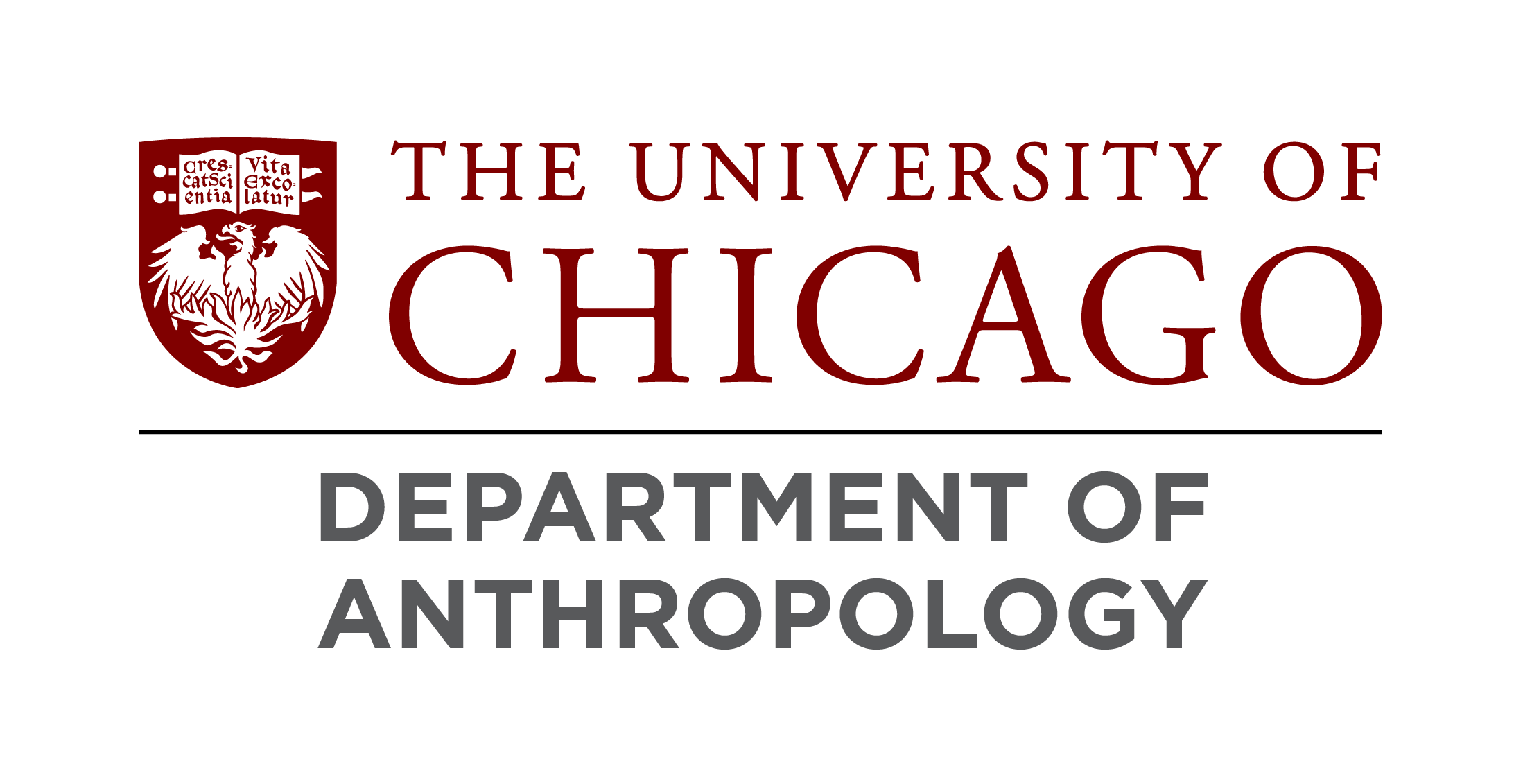Yung Hung Ching Cambodia Community Fund Will Support Multidisciplinary Research

Better understanding how people respond to current and impending environmental change caused by human activities in the complex ecosystem of the Mekong River upon which several million humans depend for their livelihoods is an urgent need as the ecosystem is being altered at an accelerating pace. The forces of economic development, the emergence of an extensive hydropower industry capitalized principally by Chinese foreign direct investment, and conversions of land use related to both human activity and climate change combine to impact lives and livelihoods in many ways.
A new gift from University of Chicago alumnus John Yung (B.A. 1990; M.B.A. 1999) and his family, establishes the Yung Hung Ching Cambodia Community Fund that will support multidisciplinary research grounded in application of integrated physical, ecological and social science methods to model the current and future livelihood possibilities of rural populations in Cambodia. The project is led by Alan L. Kolata, the Bernard E. and Ellen C. Sunny Distinguished Service Professor in the Department of Anthropology and Sabina Shaikh, Senior Instructional Professor in the Committee on Environment, Geography and Urbanization.

“This generous support will allow our research team to expand the spatial scale and intensity of our ecological and social data collection beyond the confines of the region around Phnom Penh to other rapidly developing provinces in Cambodia, including Siem Reap (whose principal city is the point of access for the World Heritage site of Angkor Wat), Battambang (the “rice bowl” of Cambodia) and Kompong Thom,” says Kolata.
“These efforts will yield a diverse set of research products with value in both basic and applied research contexts, including data and social interpretations about migration, livelihood activities, land-use, and the adaptation of communities living in the rapidly transforming environment of the lower Mekong Basin.”
Kolata and Shaikh’s work has also been funded by the National Science Foundation (2004-2008; 2012-2015) and, most recently, by three seed grants from the Center for International Social Science Research (2017-2019), the Social Science Research Center (2019-2019) and the Neubauer Collegium (2020-2025).

Over the anticipated three years of funding, the gift will also permit the research team to revisit 64 villages examined in the earlier NSF sponsored research, facilitating an otherwise irreproducible empirical analysis of social, economic and cultural change in Cambodia over the past 20 years.

Yung is Vice Chairman of the Board of The Shanghai Commercial & Savings Bank and Chairperson of the Board of Directors of AMK, a leading microfinance institution founded over 20 years ago that provides a range of responsible financial services to Cambodians from varying economic statuses, particularly low-income populations and women, to help them to achieve their financial and household aspirations. AMK’s mission is to facilitate the emergence of a Cambodian society in which all citizens have sufficient economic and social opportunities to improve their standards of living and enable them to contribute productively towards the overall development of the country.
 THE UNIVERSITY OF CHICAGO
THE UNIVERSITY OF CHICAGO

